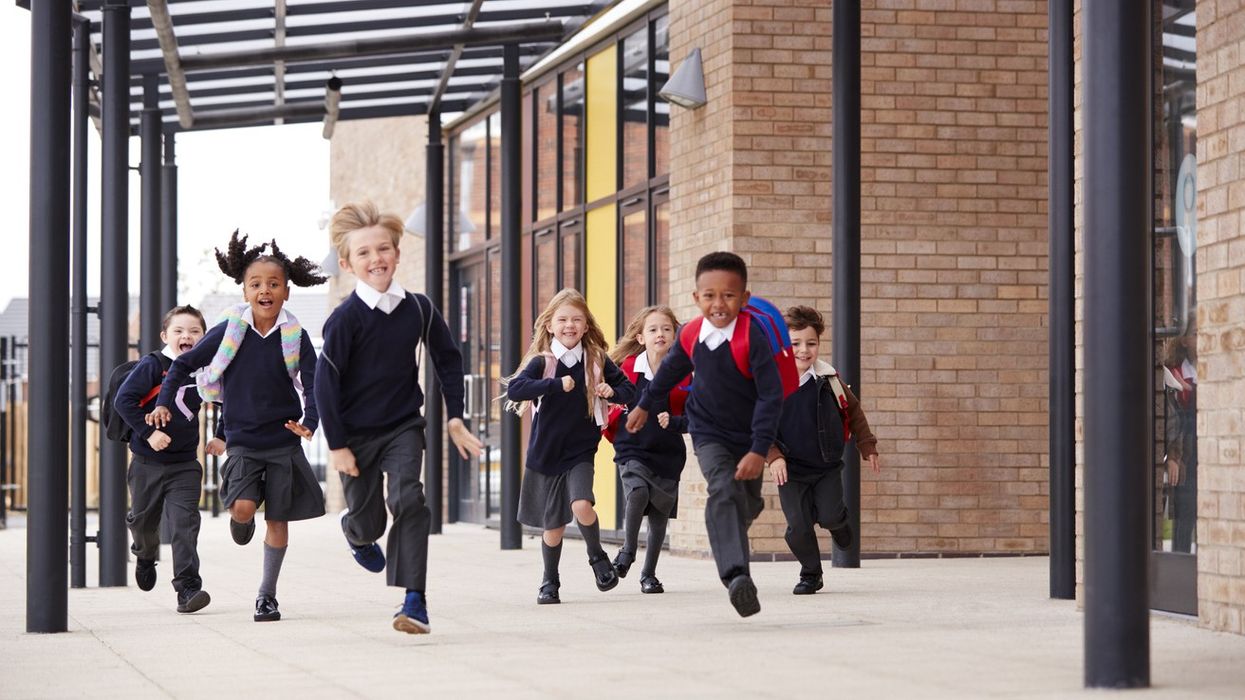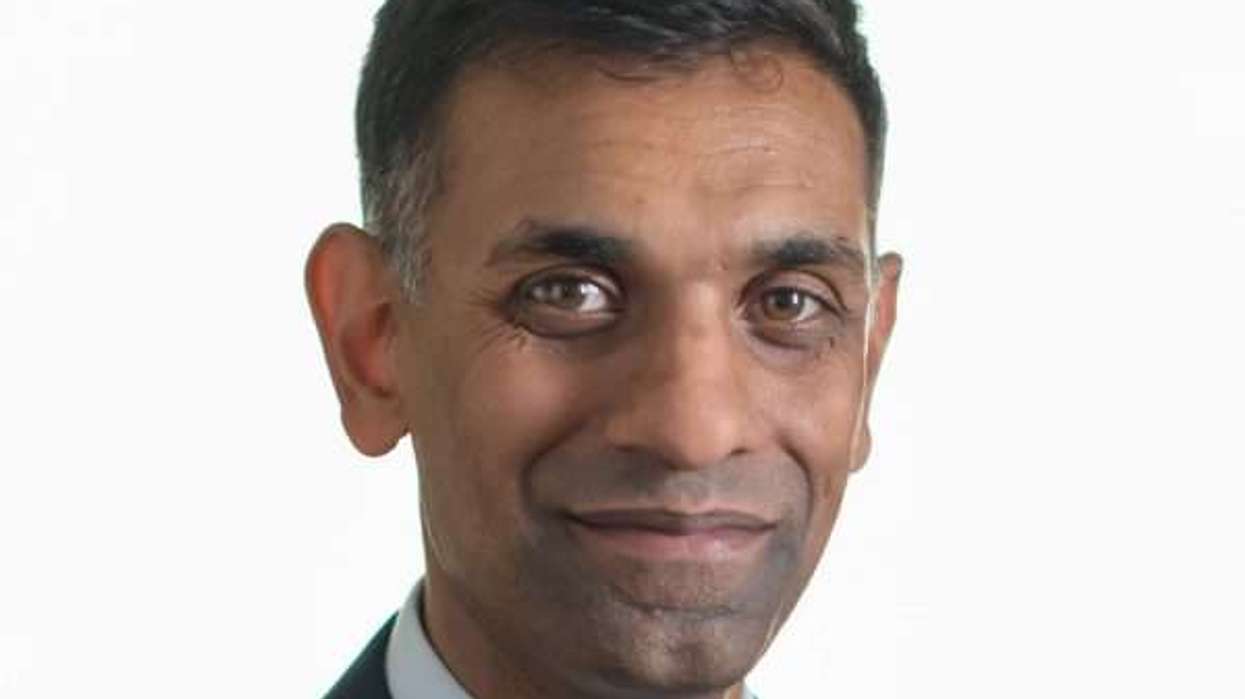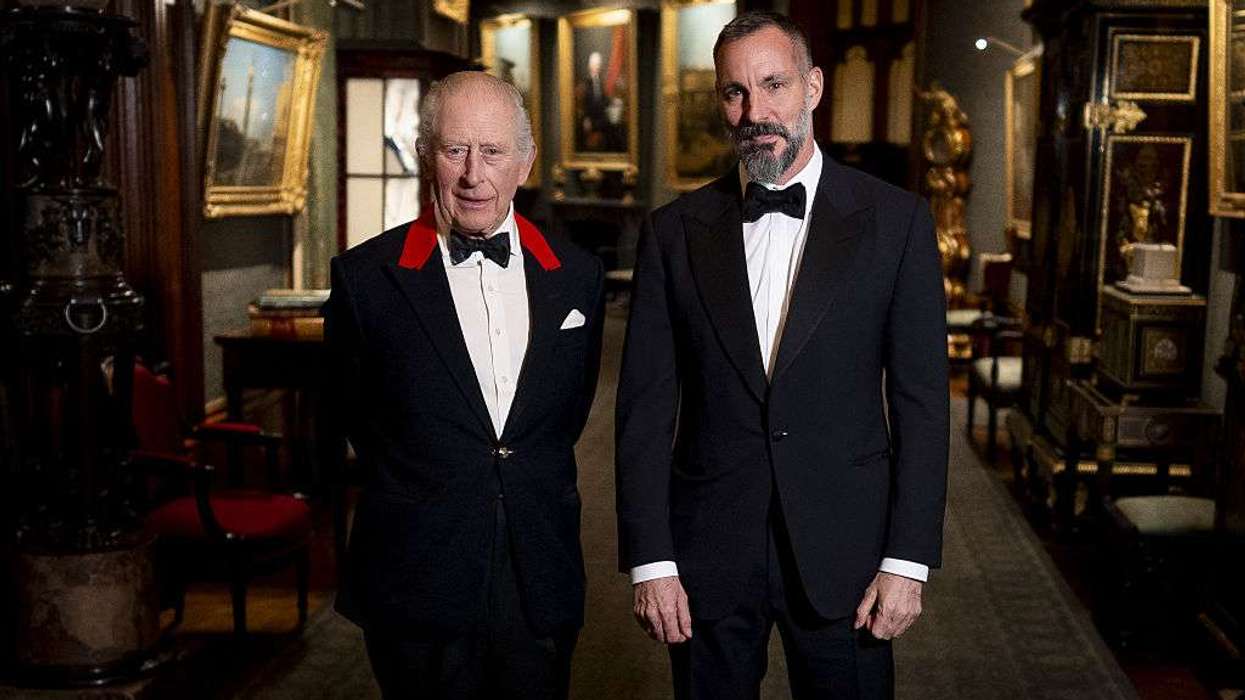School uniforms have long been a feature of British education, but recent developments have reignited national debate about their role, cost, and fairness. As the government announces new measures to tackle the rising expense of uniforms, parents, educators and policymakers are divided on the future of the tradition. Here are the top five reasons why school uniforms are once again at the centre of controversy in the UK.
1. Rising costs for families
One of the biggest concerns is the financial burden school uniforms place on families. According to recent surveys, the average cost of a complete uniform can reach several hundred pounds per child per year. Many parents argue that branded items, such as school-specific blazers and jumpers, unnecessarily inflate costs. Campaigners are calling for more affordable, non-branded alternatives to ease the strain, particularly during the ongoing cost-of-living crisis.
2. Limited supplier options
In many cases, parents are required to purchase uniforms from designated suppliers. These exclusive arrangements often limit competition, keeping prices high. The government’s Education (Guidance about Costs of School Uniforms) Act 2021 intended to tackle this issue by encouraging schools to offer greater flexibility, but critics say many schools have been slow to change, leaving parents with little choice.
3. Concerns about equality and inclusion
Uniforms are often defended as a means to promote equality, reducing visible signs of wealth differences among students. However, critics argue that the high costs actually reinforce inequalities, with some families struggling to meet school requirements. There is also growing discussion about how gendered uniform rules affect inclusion, with campaigners pushing for more flexible options for students of all gender identities.
4. Debate over educational benefits
Supporters of school uniforms claim that they encourage discipline, improve focus, and create a sense of school pride. However, others question whether these benefits are truly supported by evidence. Some studies suggest there is little direct link between wearing a uniform and academic achievement. This has led to calls for schools to reconsider whether mandatory uniforms are the best way to foster positive learning environments.
5. Environmental impact
An emerging concern is the environmental footprint of school uniforms. Fast production of cheap uniforms often results in low-quality garments that wear out quickly, leading to frequent replacements and textile waste. Campaigners are urging schools and manufacturers to adopt more sustainable practices, including offering uniforms made from recycled or ethically sourced materials.
The debate over school uniforms in the UK highlights broader issues around affordability, equality, and modernisation within the education system. While tradition and uniformity remain valued by many, increasing pressure from parents, campaigners, and politicians could drive significant changes in how school dress codes are implemented in the years ahead.





